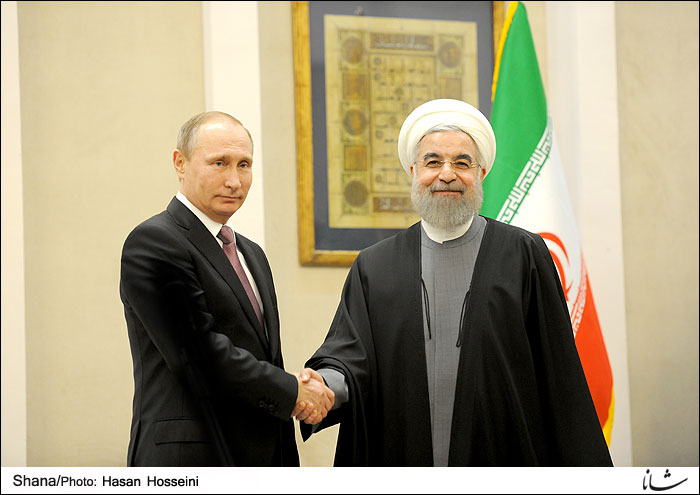According to Shana, OPEC members in the 171th OPEC ordinary meeting in Vienna are to harvest the seeds they once planted.
That day, Vienna was the host of the most important meeting of the OPEC ministers ever held since 2008. That year, OPEC cut its production for the last time. Only several hours remain until the most crucial decision of the Organization.
Perhaps, the last meeting to that end was the meeting of Iranian and Algerian petroleum and energy ministers. About 30 minutes am in the morning Tehran times on Wednesday November 30, the two sides met each other.
Algerian Minister of Energy Noureddine Bouterfa said upon leaving residence of Iranian Minister of Petroleum Bijan Zangeneh, "Though being key, it was important in my view. We had very good talks; I am optimistic."
Zangeneh-Butefra Talks' Sum Up
Beterfa statements are important as he along with Venezuelan Minister of Petroleum welcomed shortly after their Moscow visit Zangeneh at Vienna airport. Absolutely they carried a message on Russian part. Then the Algerian minister started meeting other OPEC members.
Buterfa had also visited Tehran early this week. So, the sum up of their stances should be looked into in their meeting, which should be regarded as the last meeting to the OPEC session. He says, "I am optimistic." The sentence should be seriously taken into consideration.
Despite recent media publicity, especially over the past days, which tried to portray Iran as a bottleneck for OPEC consensus, one of the most important obstacles has been disagreement of the major non-OPEC state, i.e. Russia. It has been opposing market regulation. Russians, producing 11.2 million barrels of crude a day, shoulder a major share in the oil market.
Riyadh-Moscow competition is so tight that none of them is ready to cut its share in the market so that the other side will win it. The fierce competition along with OPEC disagreement on production are the most noteworthy point in analysis on today's OPEC decision.
The events in Vienna would lead to the analysis that the phone talks between Iranian President Hassan Rouhani and his Russian counterpart Vladimir Putin have had pivotal role in the OPEC consensus. Various sources in Vienna on Tuesday, acknowledged the important impact of the Rouhani-Putin conversation, leading to general consensus among the OPEC and non-OPEC parties and finally lifting of the most impediment to the OPEC Wednesday decision.
Many scenarios have been raised in Vienna on Tuesday for OPEC production. The scenarios are regarded by independent sources as a media test of the conditions. But more important that the controversies countries raise to attain their national interests is the growing understanding in the OPEC on common interests. The interests will be met only in light of increase in the oil prices. Just few hours are left to the OPEC meeting of oil and energy ministers and I am optimistic of a consensus. Hope nothing will happen to reverse the course; the outcome of the 171st OPEC session will be not only increase in oil prices but also restoration of understanding and consensus, which has been lost since 2008. The understanding whose seeds were planted in the Algeria session.
Reza Zandi, Independent Journalist in Vienna
Translated by Behnaz H. Gholipour


Your Comment